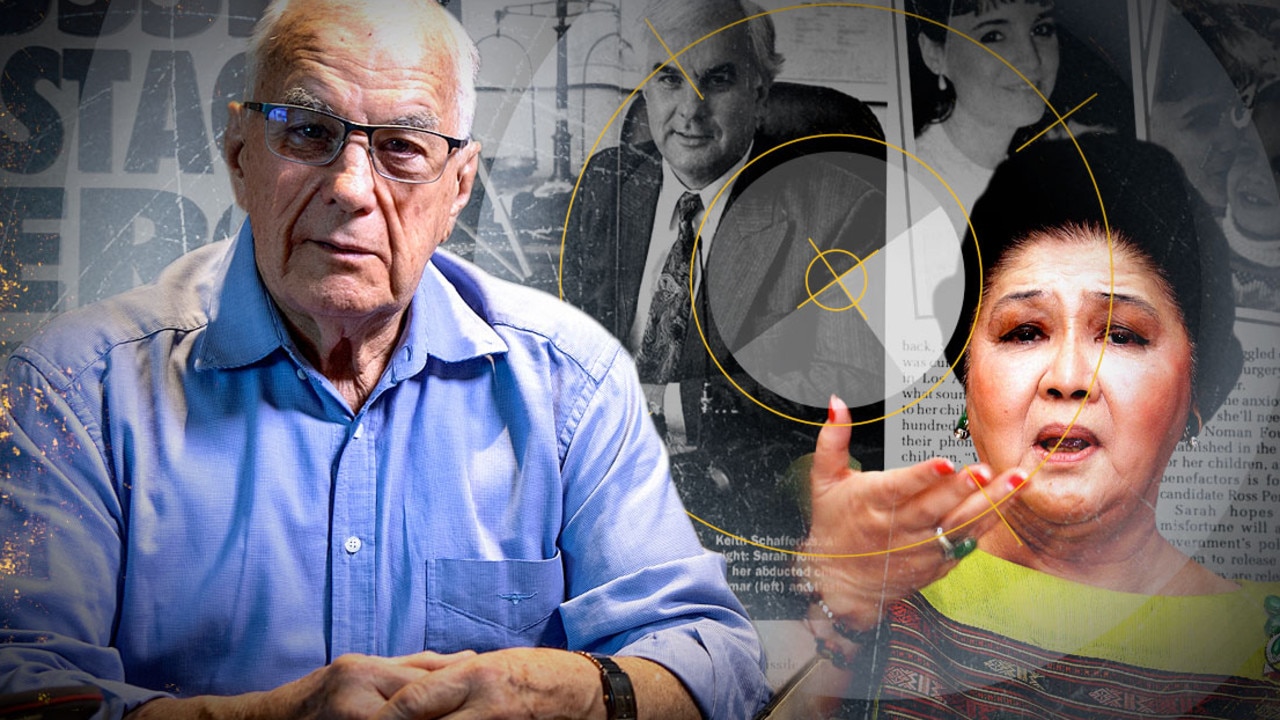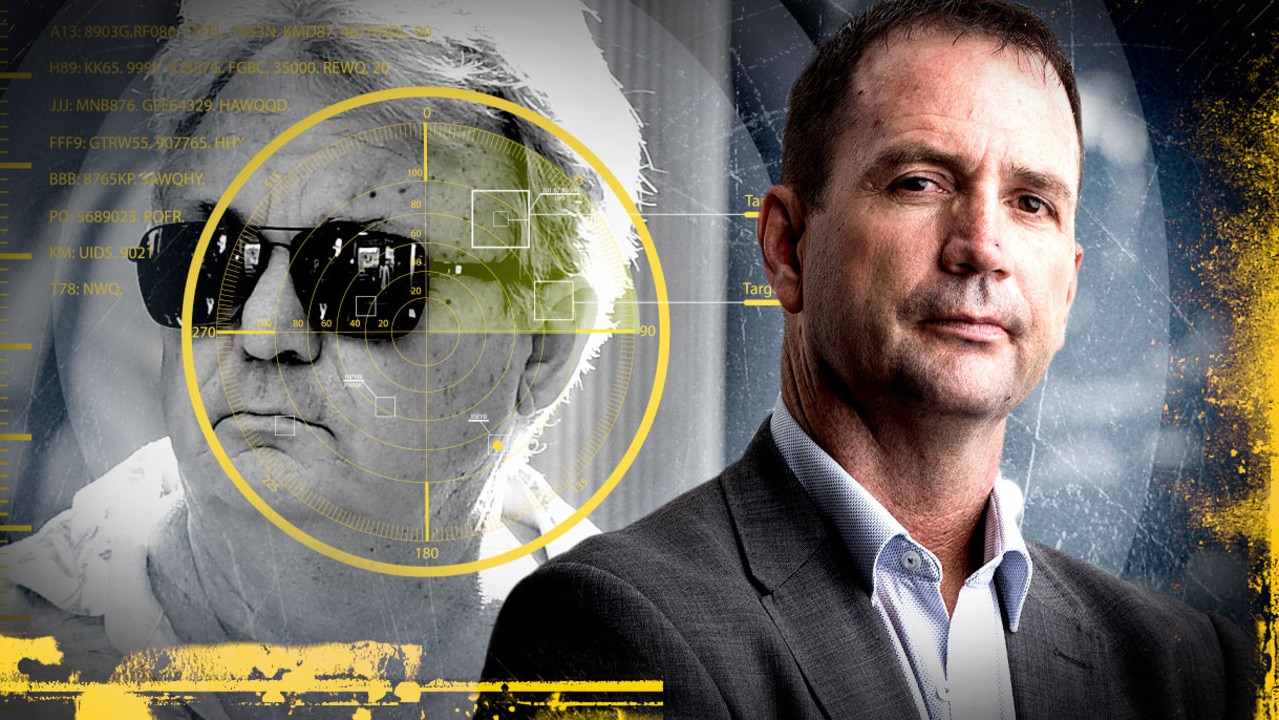Carly Ryan’s family leads fight for new catfishing laws after horror murders
Carly Ryan was killed by a paedophile who posed as an online love interest. Now her mum has joined a national fight to stop catfishing.
Eye Spy
Don't miss out on the headlines from Eye Spy. Followed categories will be added to My News.
A mother whose daughter was murdered by a paedophile posing as an 18-year-old online love interest has joined other grieving families in demanding national laws targeting catfishing.
Carly Ryan was just 15 when Gary Francis Newman, who had more than 200 fake online identities, lured the teen to a deserted beach in Adelaide where he bashed and choked her, leaving her to drown.
The 50-year-old Victorian IT worker and paedophile had posed as a musician named Brandon Kane before striking up an online relationship with Carly.
“My daughter was murdered by an online predator. It was the first crime of its type in Australia,” Carly’s devastated mother Sonya Ryan said.
“(But) in the groundless grief of losing my girl, I knew I had to do something to help prevent the same suffering happening to another innocent child.”
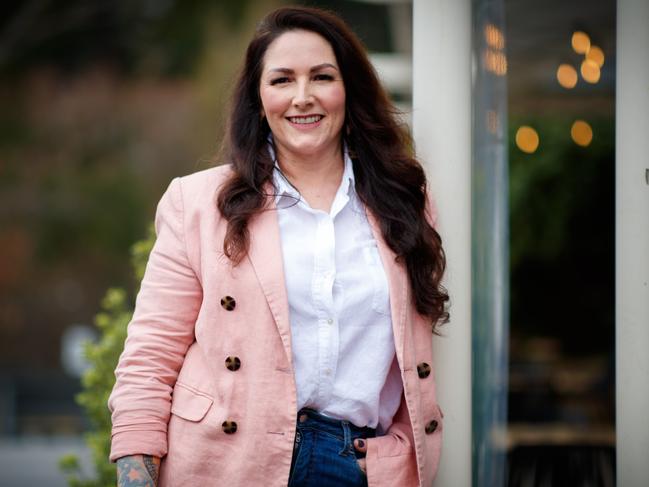
Since her daughter’s death in 2007, during a time when no one really understood how dangerous the internet could be, Ms Ryan turned her grief into action.
In 2017, Carly’s Law was passed, giving police power to intervene before predators have a chance to act by making it a criminal offence for adults to lie to a child online with the intent of causing them harm.
And while “catfishing” – where a person creates a fictional persona or fake identity to trick someone online – was not a term in 2007, Ms Ryan said what happened to her daughter involved that practice.
“Laws must be proactive and preventive … People need to be held responsible for their actions online just as we are held accountable for our actions offline,” she said.
“The consequences of those harmful behaviours are the same. I believe Carly’s law could be used or amended to be used in criminal cases of this type.”
Catfishing features in the new upcoming eight-part podcast Eye Spy, which delves into the intriguing, at times crazy, and often dangerous world of private investigators.
Professor Marilyn McMahon from the Deakin Law School said while there is no specific crime of catfishing in Australia, some of the behaviours involved in the practice may involve some offences, including stalking and financial fraud.
“Catfishing occurs when someone creates a fake profile on a social network account and seeks to deceive a victim and abuse them,” Prof McMahon said.
“The development of online and text communications has, however, profoundly increased the opportunity for, and levels of, deceptive activity.”
But in catfishing cases like Renae Marsden, where it involved psychological and emotional abuse or manipulation, it can be much more difficult to obtain convictions.
In 2013, Ms Marsden, 20, took her own life after falling for the fake online persona “Brayden Spiteri”.
Masquerading as Brayden — in thousands of messages — was Ms Marsden’s high-school friend Camila Zeidan.
At the inquest into her death, Deputy State Coroner Elaine Truscott fell short of saying the act of catfishing should be illegal, adding that further examination was required.
Ms Marsden’s distraught parents Mark and Teresa Marsden posted a petition on change.org last month, supporting their push to have people who impersonate others online to legally be held to account.
“How can we as a society stand back and watch someone mentally, emotionally, and psychologically destroy another person and not be held accountable under any jurisdiction or law?,” Mr Marsden said.
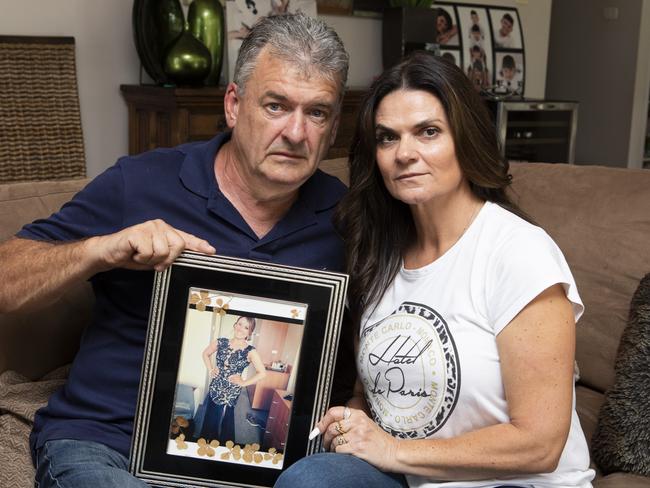
“Everyone says it’s wrong, but when you don’t have a law making it illegal then we are accepting it. It’s nonsensical to us how what was done to our daughter is legal.
NSW Attorney-General Mark Speakman said coercive control laws — specifically targeting humiliation, intimidation, financial abuse and constant criticism — would be able to outlaw catfishing.
However, Professor McMahon said it would be difficult to use these laws in catfishing cases.
“Laws criminalising coercive control only apply to particular intimate relationships, typically partners, ex-partners, people living together,” she said.
“In Renae’s case, it would certainly confront obstacles as a couple that had never met face-to-face, never lived together or had a sexual relationship might have trouble meeting a relevant definition.”
Communications Minister Paul Fletcher said the government’s new Online Safety Act, which comes into force in January, will “strengthen the hand” of the eSafety Commissioner in a range of areas, including cyber abuse, which could capture elements of catfishing.’
The Government is now taking submissions from the public about catfishing and any other threats to online safety, and what steps platforms should take to address these harms.

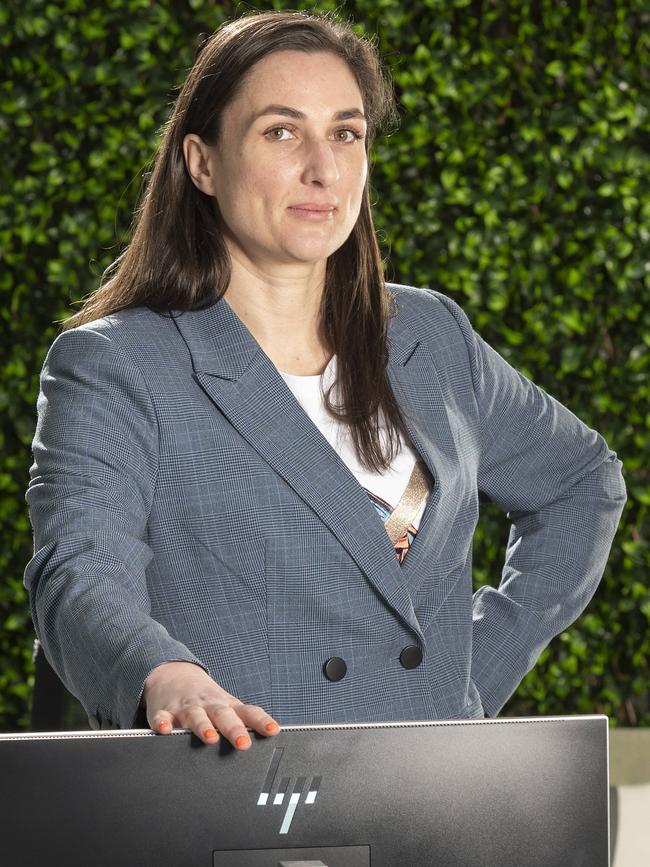
Police officer turned private eye Julia Robson talks about how she has taken on catfishes – the contemporary scourge of social media.
Ms Robson opens up about some of her strangest and most destructive catfishing cases and how she spent seven years tracking down one man who took catfishing to another level and ended up in jail.
The guns for hire in this podcast come from across New South Wales, Victoria and Queensland and reveal their most fascinating and hair-raising cases from catching cheaters to being jailed in foreign countries, rescuing abducted children.
In the first episode veteran investigator David King lifts the lid on the business of infidelity and how to catch a cheater.
Australia’s longest licensed private eye Keith Schafferius dubbed The Retriever for his work bringing home children, talks about his most dangerous cases including crashing cars through international borders with police giving chase and a child under the back seat.
Originally published as Carly Ryan’s family leads fight for new catfishing laws after horror murders


